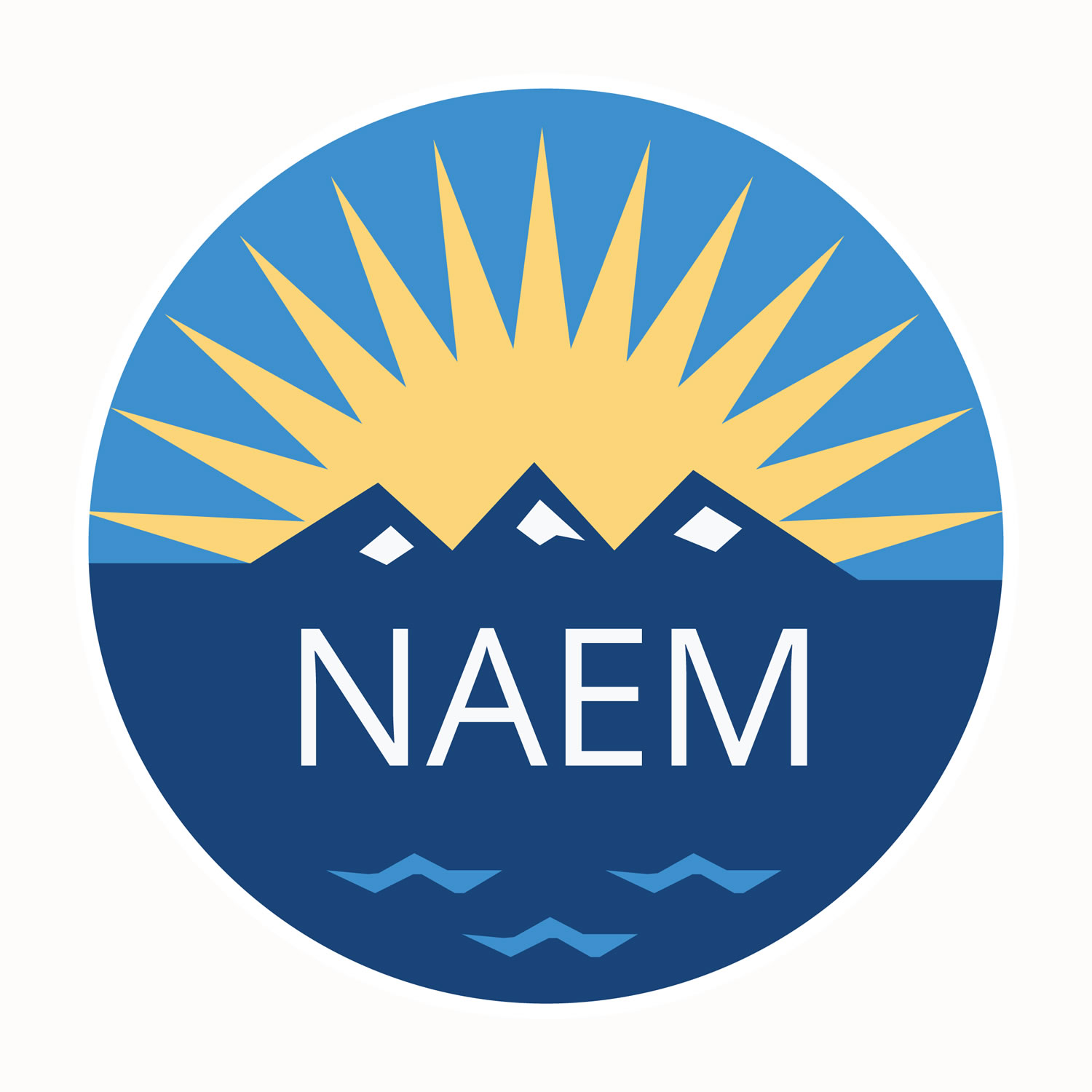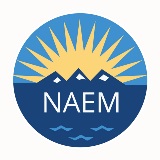Smart Technology Holds Keys for Sustainable Operations

Q: What is VERGE, as you define it at GreenBiz?
JM: VERGE focuses on the convergence of four technologies -- energy, information and communications, buildings and transportation and the opportunities they bring to companies, both in the form of radical operational efficiency, as well as the innovative new products and services they can create. It goes well beyond traditional sustainability issues and links directly to a range of jobs and functions: real estate, facilities, fleets, energy, IT, HR, and, of course, EHS and sustainability.
Many of the technologies related to VERGE currently exist, or are quickly emerging into the market: smart grid, cloud computing, machine-to-machine communications, connected vehicles, smart-building technologies, and more. But VERGE looks at how these technologies hook up. In Silicon Valley and other parts of the country, companies now have fleets of Wi-Fi-enabled buses ferrying workers to and from their jobs. It's both a job perk (an easier commute) and a productivity measure (more time spent working, both in the office and on the bus). How do these fleets require facility managers, fleet manager, IT departments and human resources need to cooperate in ways they haven't previously? How does this affect real estate needs? How does this change what it means to "be at work"?
We launched VERGE last year as a global brand, holding three executive roundtables in Shanghai, London and San Francisco. Just recently, we held our first event in Brazil, and we're finishing off the year with a two-day event in San Francisco, Nov. 12-13, that's looking very exciting.
Q: How could these convergent technologies change how businesses operate? Which industries are likely to be the most affected?
JM: At the center of VERGE are buildings and vehicles -- the two biggest users of energy. Layer on this a new generation of sensors, software and machine-to-machine communications -- the so-called "Internet of things" -- and we are rapidly seeing companies, campuses and cities that are generating unprecedented data streams, allowing everything to be monitored, controlled and optimized as never before. In the process, new products and services are being created for both companies and consumers, from energy dashboards to simple mobile apps that tell us when the next bus is coming. All of this offers vast opportunities to engage in what sustainability is about: systems thinking, radical efficiencies, breaking down silos, innovative new products and services.
Any company that has fleets, buildings, and logistics stands to gain new opportunities from VERGE technologies and new business models. Since VERGE is so focused on energy efficiency, more energy-intensive sectors will be the early beneficiaries of these emerging technologies and opportunities.
Q: To what extent could VERGE technologies help companies achieve their sustainability aspirations? Is this, in fact, the future of sustainability?
JM: Clearly, VERGE is directly related to helping companies reach their energy and carbon goals, but it also has to do with water, waste, and supply-chain issues, and with better utilization of assets. It's less clear where all of this syncs with regulatory issues. In most cases, the benefits of VERGE technologies will be outside the regulatory arena -- at least in jurisdictions that lack any carbon regulations.
We believe VERGE is exactly where sustainability needs to go. So far, most of what companies have been doing in the name of sustainability is dealing with discrete issues. VERGE represents a more systemic approach -- not just within a company's operation, but within the ecosystem of entities where it operates -- peer companies, innovative start-ups, cities, NGOs, customers, and others.
This is just one small glimpse into the world of converging technologies that will increasingly offer challenges, but mostly opportunities, for companies.
Topics:
Sustainability
About the Author

NAEM Staff
The National Association for Environmental, Health and Safety, and Sustainability (EHS&S) Management (NAEM) empowers corporate leaders to advance environmental stewardship, create safe and healthy workplaces and promote global sustainability. As the
leading business community for EHS&S decision-makers, we provide engaging forums, a curated network, peer benchmarking, research insights and tools for solving today’s corporate EHS&S management challenges. Visit us online at naem.org.

